The expert explained that one of the most crucial elements of the EU’s migration pact is the quota-based distribution of migrants, meaning that if immigrants of unknown identity arrive, they must be redistributed among EU member states. Member states may opt to pay instead of taking in migrants, provided there is no crisis situation, but that decision lies with the European Commission.
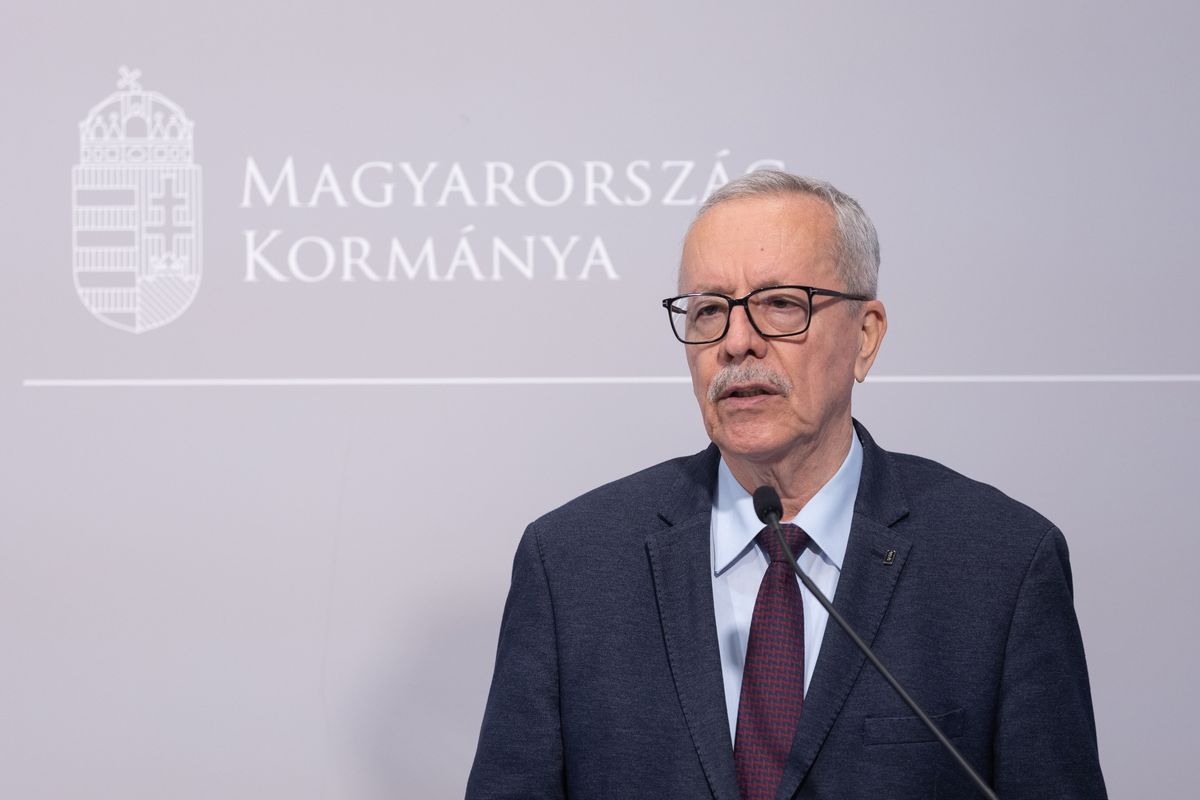
He added that Poland — like Hungary — has taken in a large number of refugees from Ukraine and has received EU support for protecting its external borders. The Polish President emphasized that the focus should be placed on defending the EU's external borders. However, the expert continued, this does not apply to Hungary, as the country has for years successfully protected Europe’s external borders from its own resources, and yet instead of receiving support, it faces political attacks and financial penalties.
However, changes are underway across Europe, emphasized Gyorgy Bakondi, noting that the Netherlands plans to transfer illegal migrants to Uganda, Italy to Albania, and the United Kingdom to Africa.
He stressed that the migration system established in 2015 by the then-governing leftist-liberal forces is now “creaking and falling apart.” Nation-states are beginning to recognize the negative consequences of that policy and its political costs, which have also become apparent in elections. As a result, new approaches are emerging at the national level that deviate from the EU’s migration pact. With the formation of the Babis government in the Czech Republic, Hungary has gained another ally, PM Orban's chief homeland security advisor noted.
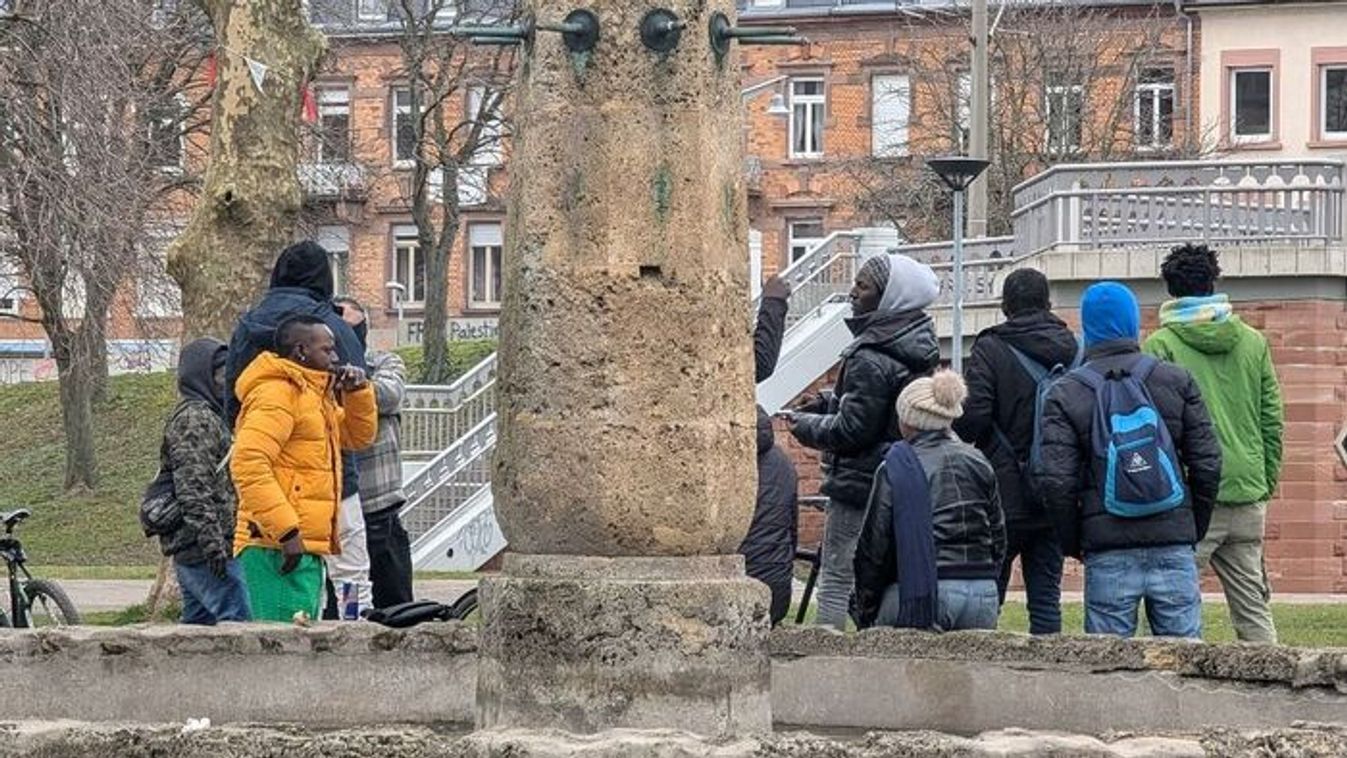
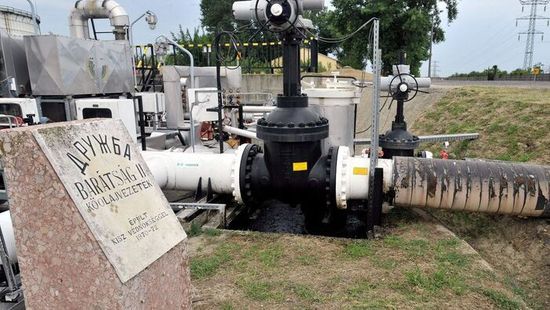

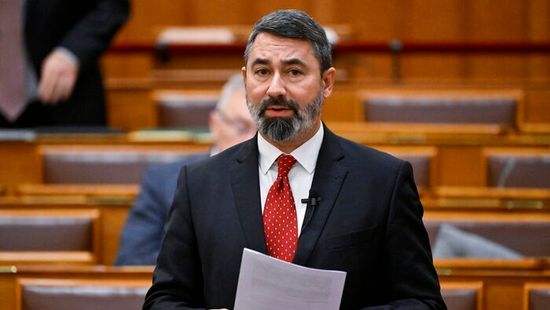
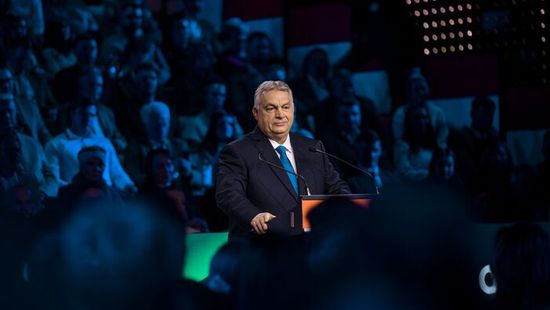


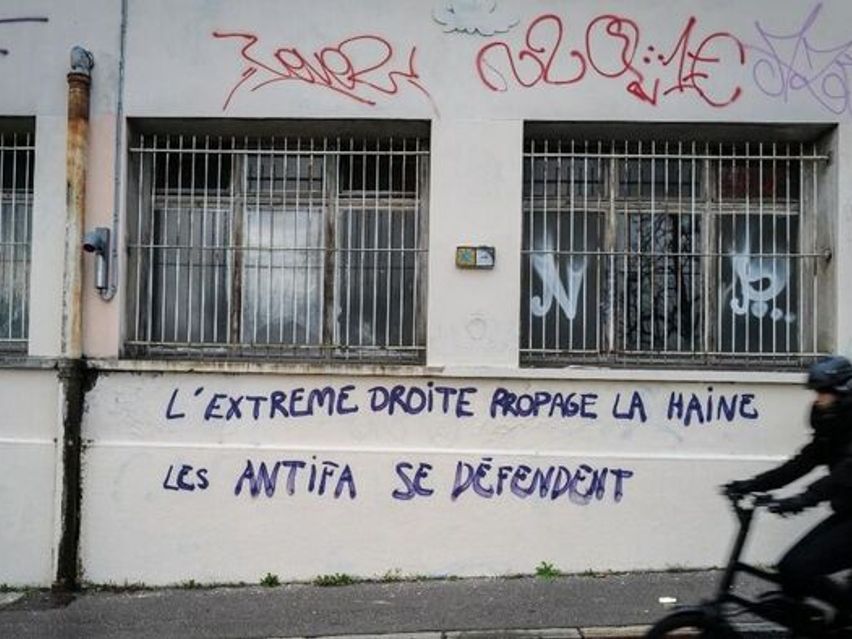
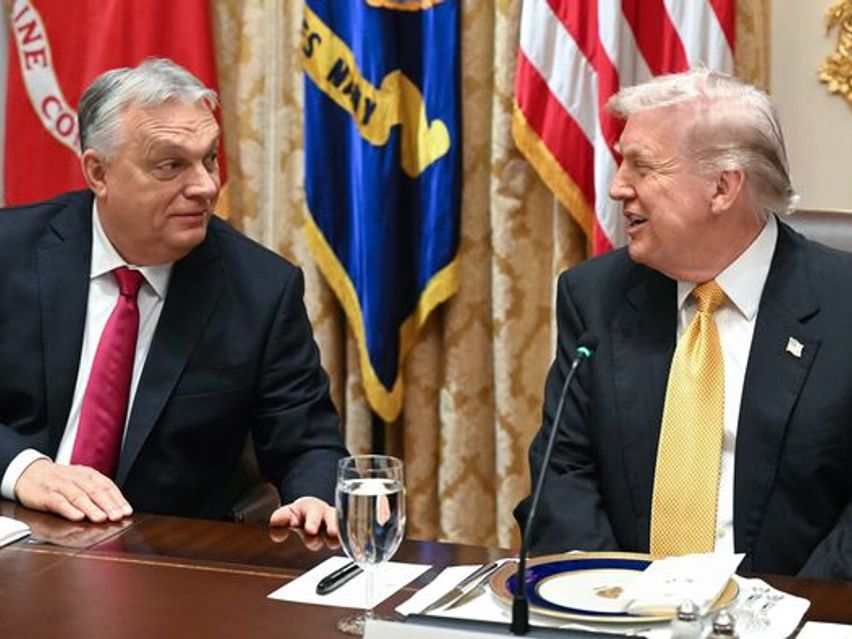
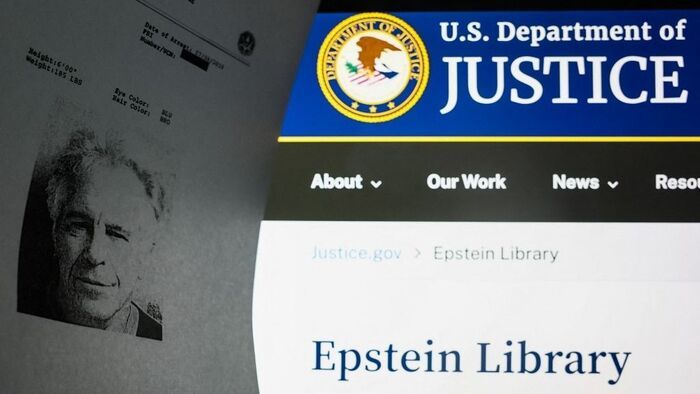




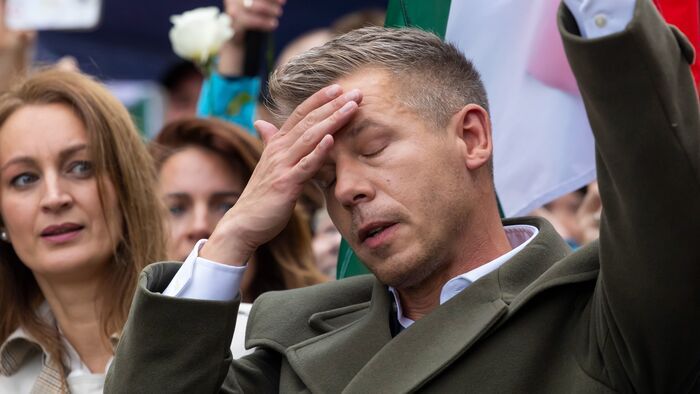

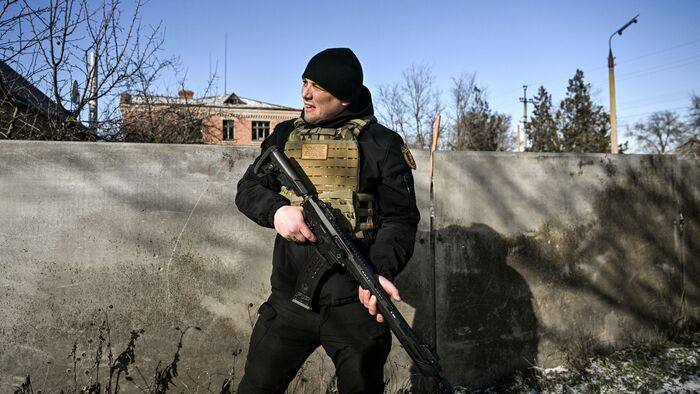
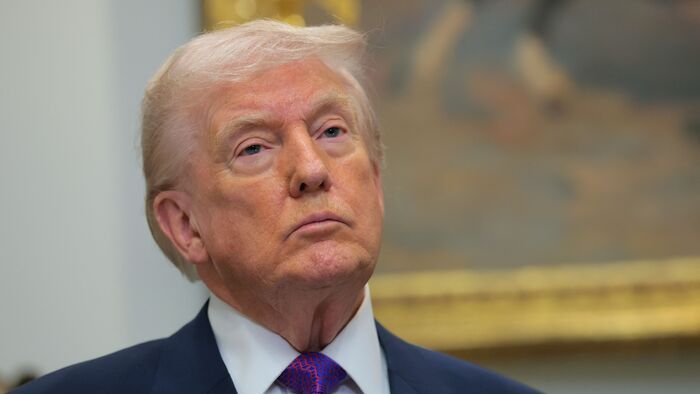





Szóljon hozzá!
Jelenleg csak a hozzászólások egy kis részét látja. Hozzászóláshoz és a további kommentek megtekintéséhez lépjen be, vagy regisztráljon!